- Home
- Clifton Hill Meadow
- Events
- Join In
- Blog
-
Local & Green Resources
- Bristol's Wild Gardens videos
- Better Food Options
- Home Energy Efficiency
- Low Impact Holidays
- Better Transport Options in Bristol
- Divestment and Positive Investment
- Sustainable Clothing
- Sharing, Repairing and Recycling
- Greener Gardening
- Green Cleaning
- Greening Your Pets
- Green gifts
- Xmas recycling
- For businesses >
- Act now
- About
- Donate
- Home
- Clifton Hill Meadow
- Events
- Join In
- Blog
-
Local & Green Resources
- Bristol's Wild Gardens videos
- Better Food Options
- Home Energy Efficiency
- Low Impact Holidays
- Better Transport Options in Bristol
- Divestment and Positive Investment
- Sustainable Clothing
- Sharing, Repairing and Recycling
- Greener Gardening
- Green Cleaning
- Greening Your Pets
- Green gifts
- Xmas recycling
- For businesses >
- Act now
- About
- Donate
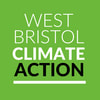
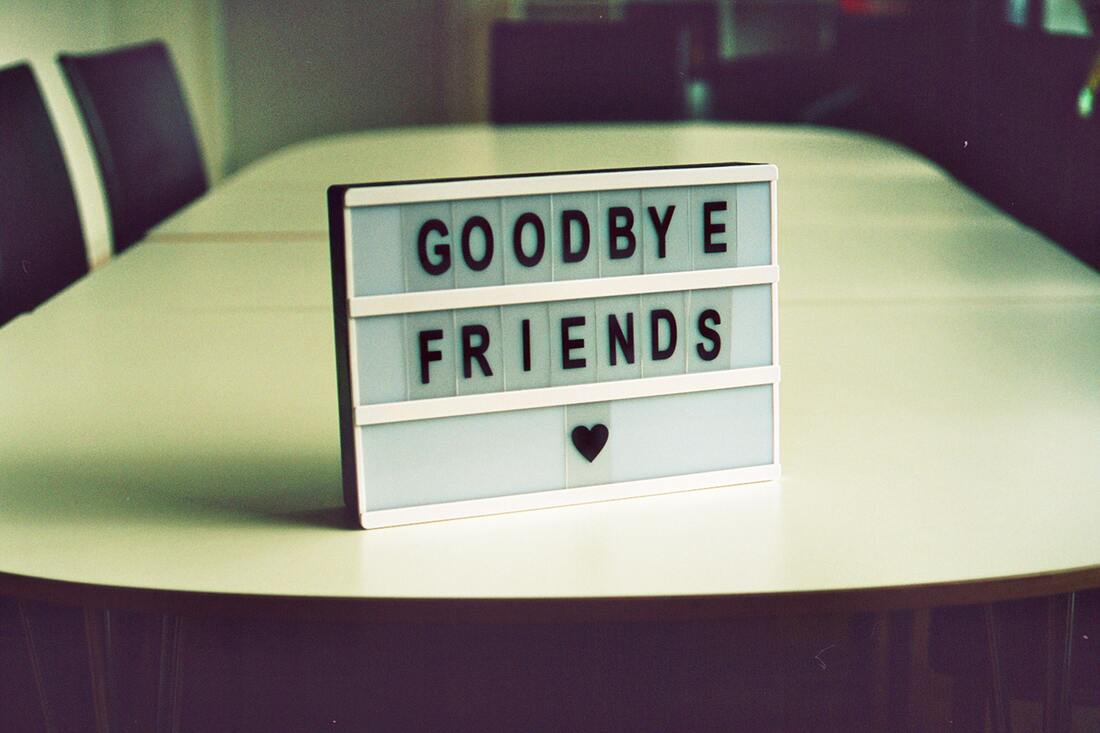
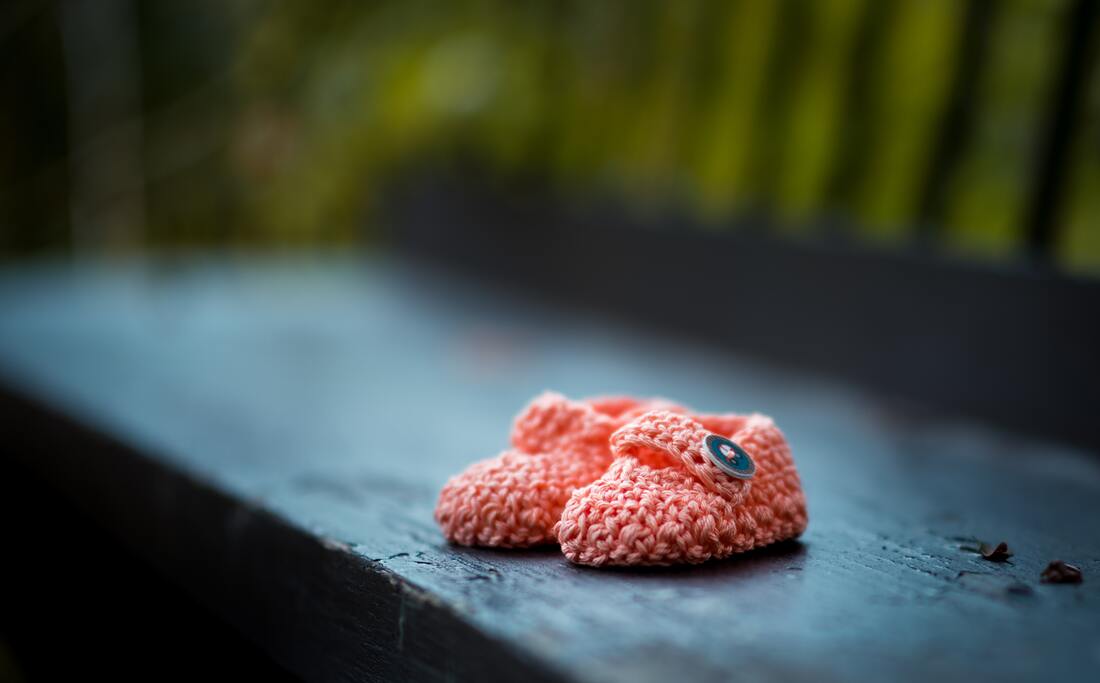
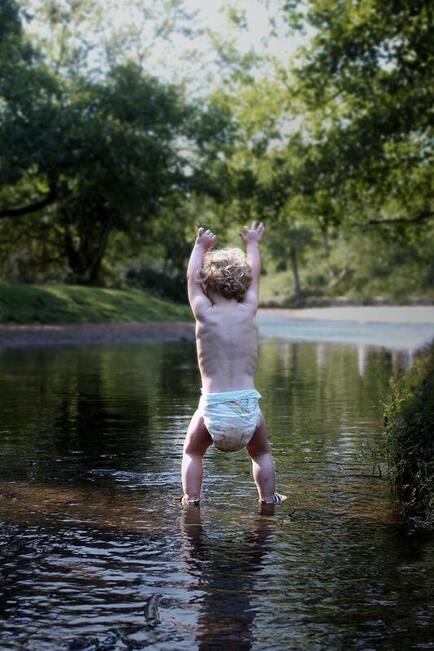
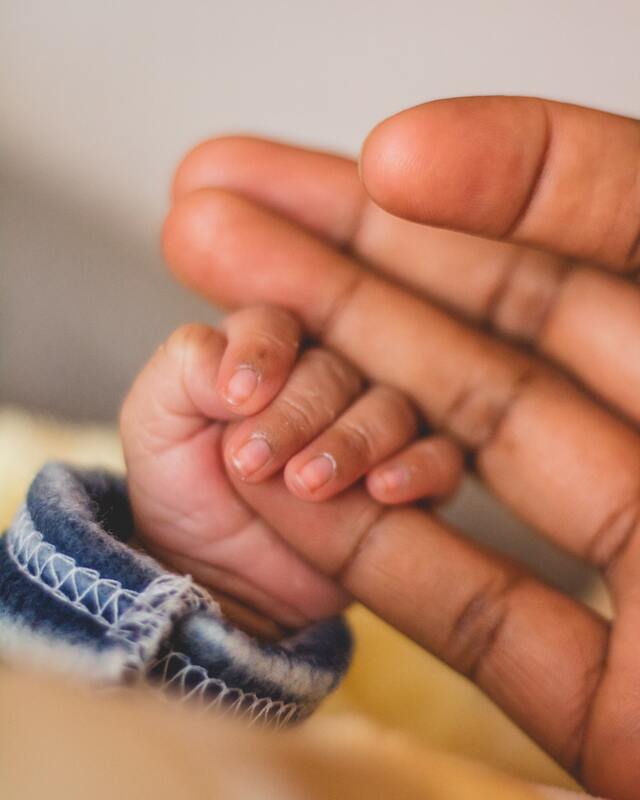
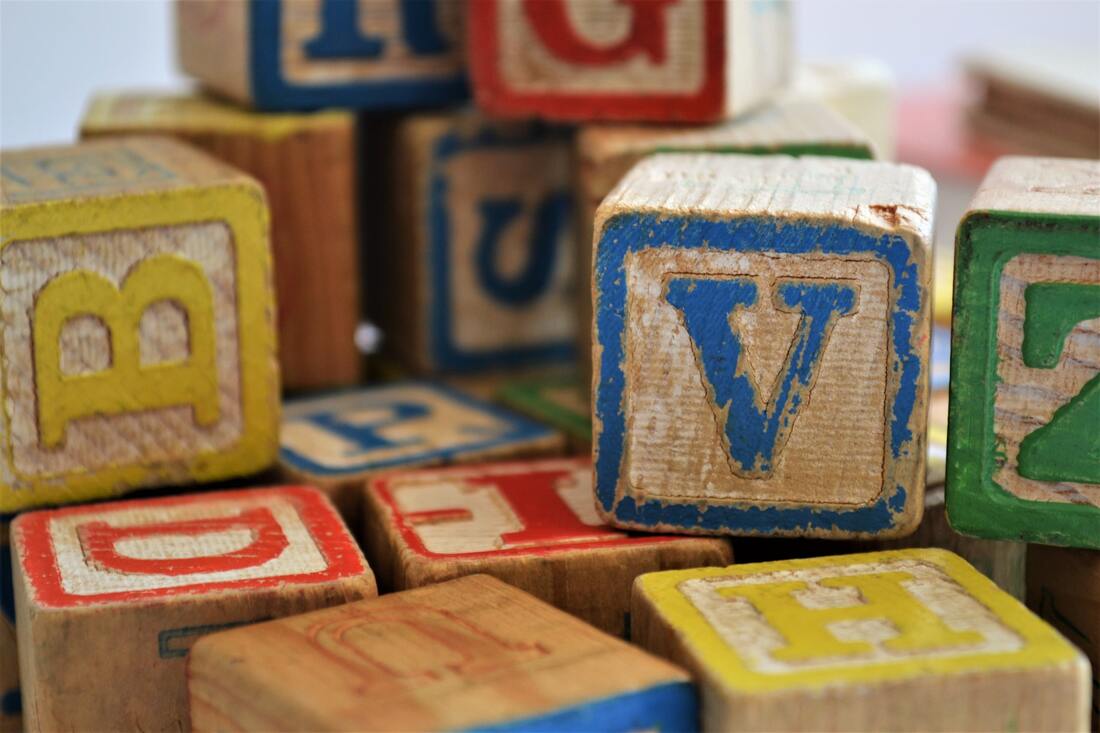
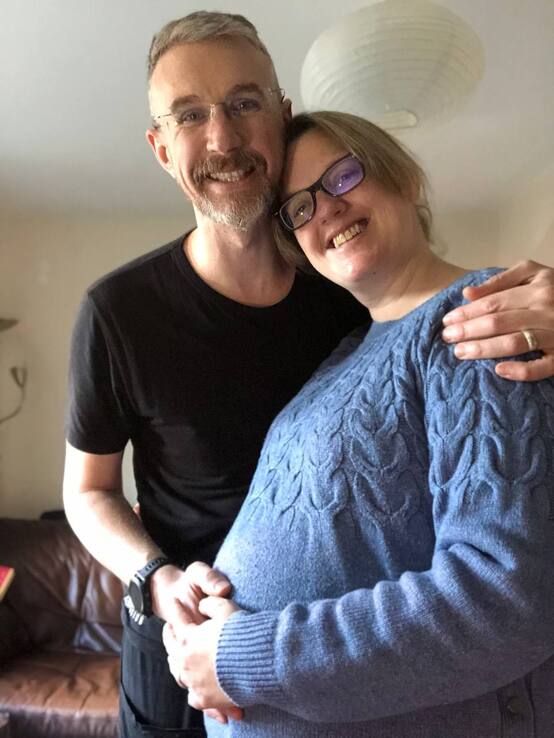
 RSS Feed
RSS Feed
